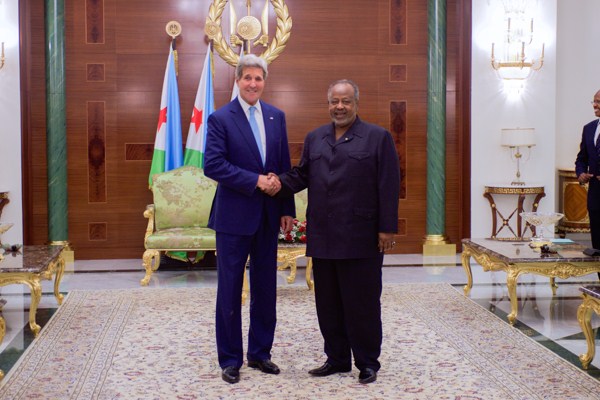Until the end of the Cold War in the late-1980s, U.S. policy in East Africa and the Horn tried to balance regional security concerns with support for economic development and mitigating food shortages and famines. The primary goal of U.S. policy in the region was to minimize Soviet influence and that of China, Eastern Europe and Cuba. As the Cold War came to an end, the United States added to its policy agenda the objectives of encouraging democratic governance and improving human rights practices.
In the post-Cold War era, the primary U.S. human rights and governance concerns in the region have been the lack of transparent elections that allow meaningful participation by the opposition; the arrest of prominent opposition political leaders and journalists; corruption and discrimination against marginalized groups. Having belatedly condemned the 1994 genocide in Rwanda, the U.S. was the only country to declare that genocide occurred in Darfur, after which Washington led the condemnation of the government of Sudan.
Overall, however, the United States demonstrated relatively little interest in the region until the 1998 al-Qaida attacks on the U.S. embassies in Nairobi, Kenya, and Dar es Salaam, Tanzania. Since then, and especially after the Sept. 11, 2001, al-Qaida attacks on the U.S., counterterrorism has dominated the U.S. policy agenda in the region, though not to the exclusion of other priorities. The United States has been the single largest source of emergency food aid in times of need, for instance, and has done more to combat HIV and AIDS than any other country. It has also maintained significant development aid programs in most countries in East Africa and the Horn. All of these programs have, however, been implemented with an eye on the impact of both international terrorism and political instability to U.S. interests in the region and even the homeland.

